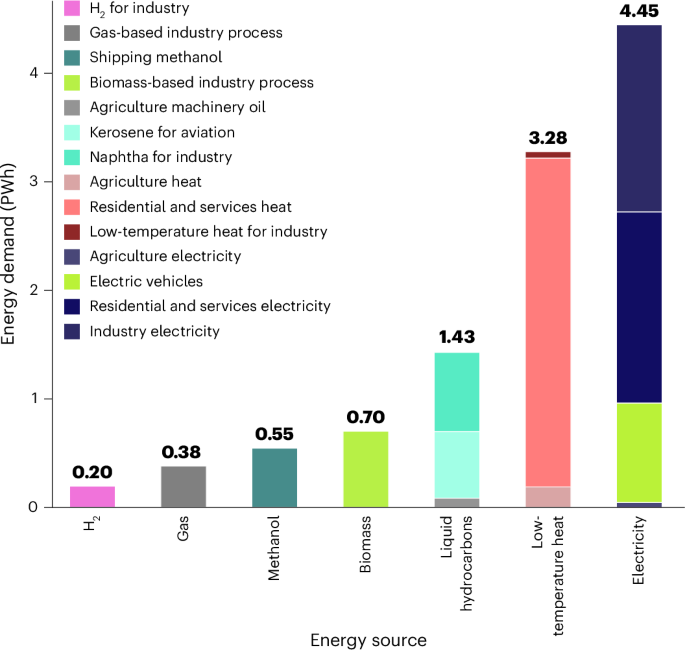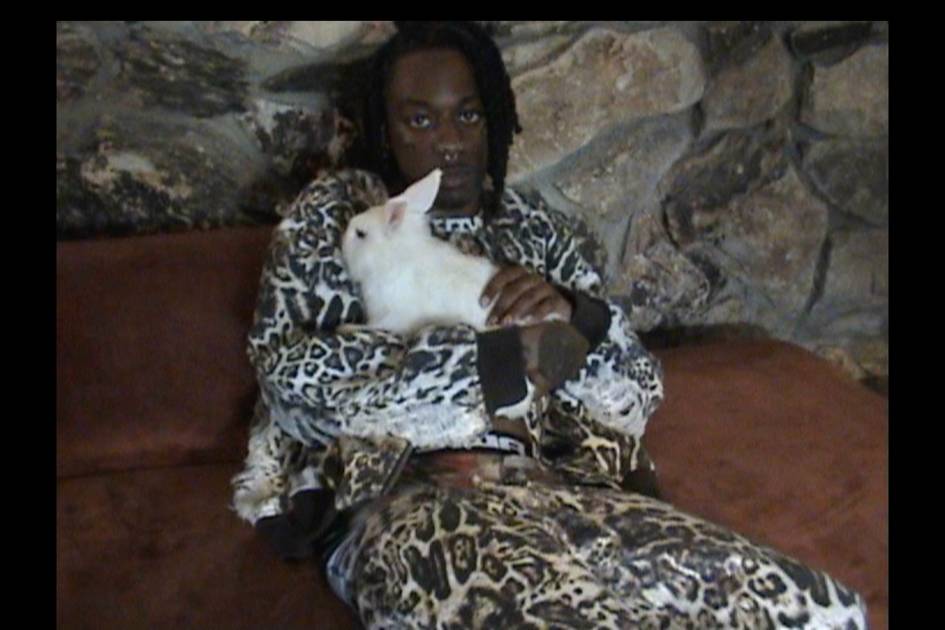Why CDC cuts are being called ‘the greatest gift to tobacco industry in the last half-century’
The Office on Smoking and Health at the CDC is no more, putting state quitlines and national data on youth tobacco use at risk.

In the earliest ads, Terrie Hall wears a scarf around her throat to cover the artificial voice box that helps her speak. She talks about smoking on the day of her surgery; how she wishes she’d recorded her voice so her grandchildren would know how she used to sound.
Two years later, just days before her death from cancer at age 53, Hall insisted on filming again from her hospital bed in North Carolina. In these ads, she’s not wearing scarves or her shining blond wig anymore. She urges people who smoke to keep trying to quit until they succeed. “I don’t want anybody to have to go through what I’m going through.”
Hall was one of dozens of people who have been featured in the Tips From Former Smokers campaign that launched in 2012, run by a division of the Centers for Disease Control and Prevention. The ads have been a remarkably effective tool in the push to help Americans stop smoking: When the television spots air, calls to the state-run 1-800-QUIT-NOW hotlines go up. When they stop, calls go back down. The CDC estimates that in the first five years of the campaign alone, an estimated 1 million Americans quit smoking, preventing 129,100 premature deaths.
But as of April 1, the Office on Smoking and Health — responsible for the Tips campaign along with other projects aimed at spotting trends in tobacco use and preventing it at the national and state levels — is effectively shuttered, the roughly 120 full-time employees who worked there dismissed along with the contractors who lost their jobs in February. That’s left the future of OSH initiatives unclear, including not just the Tips campaign, which continues to air for now, but also the annual National Youth Tobacco Survey, which helped spur federal action on the alarming uptake of Juul and other e-cigarettes among teenagers a few years back. States and U.S. territories, which received the bulk of OSH’s $240 million in funding, relied on the agency’s support to run quit hotlines — which provide callers with counseling as well as access to medications — and to introduce other anti-tobacco initiatives like cigarette taxes or restaurant smoking bans. OSH was also responsible for Surgeon General’s reports on tobacco use, which in recent years had focused on topics like health disparities in tobacco-related disease and death, smoking cessation, and e-cigarette use among young people.


















































































































































































